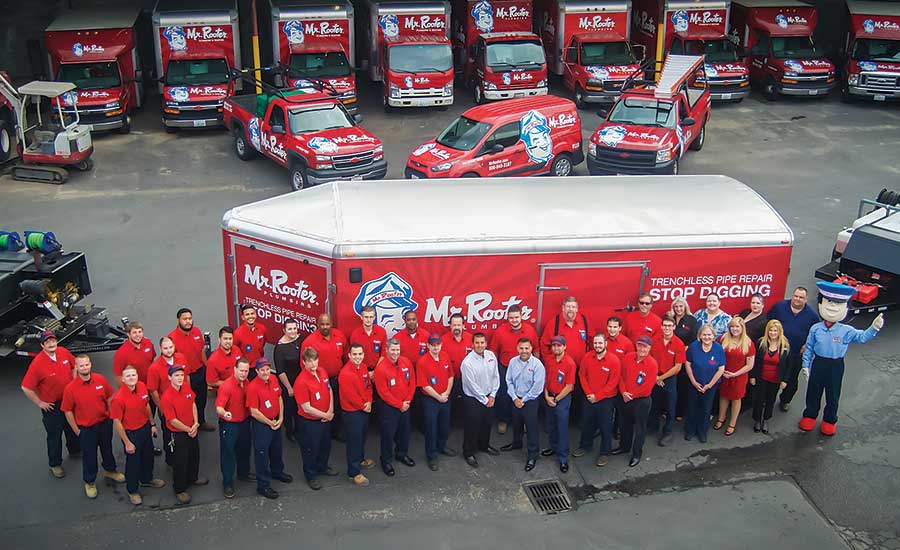
November 21/2023
Ultimate Commercial Plumbing Maintenance Checklist
When did you last have your commercial plumbing inspected by a professional plumber? It’s recommended to schedule an annual inspection, depending on the type of commercial property and the age of the building. Ignoring routine commercial plumbing maintenance can lead to costly problems and disrupt your business operations.
In this post, Mr. Rooter Plumbing shares a comprehensive commercial plumbing maintenance checklist to help you maintain the integrity of your plumbing system. As they say, an ounce of prevention is worth a pound of cure. Being proactive with commercial plumbing maintenance can prevent a wide range of issues and save you money in the long run.
- Clean the Drains and P-Traps
Clogged drains are a common plumbing issue in commercial buildings. That’s why it’s important to regularly clean drains and P-traps to prevent clogs and backups. The accumulation of debris, grease, and other materials can interfere with the smooth flow of wastewater, causing issues in sinks, floor drains, and other drainage points.
Another critical plumbing maintenance task is checking for water leaks. Have a reputable plumbing service actively look for water leaks throughout the commercial building. This includes inspecting pipes, joints, faucets, and any visible plumbing components. If there are any leaks, ensure they’re addressed promptly to conserve water, prevent property damage, and avoid potential mold or mildew growth.
Have a reputable commercial plumber test your water pressure to ensure it is within the recommended range. The ideal water pressure range for commercial properties is 40-60 psi. High or low water pressure can indicate issues within the plumbing system and can cause damage to appliances or pipes.
- Flush Your Water Heater Every Year
Flushing your commercial water heater is an essential part of keeping the appliance in good working order. Sediment accumulation in the unit can decrease heating efficiency and contribute to corrosion. Flushing the water heater annually removes sediment buildup, thereby enhancing its efficiency and lifespan.
- Inspect the Pipes for Corrosion
Corroded pipes can not only impact the quality of water in a commercial building, but they also pose a serious risk of water damage. Regular inspections for pipe corrosion are crucial for preventing leaks and maintaining water quality.
- Inspect Sump Pump Systems
If your commercial property has a basement or is prone to flooding, inspect and test the sump pump system regularly. Ensure that the pump is in good working condition and that the discharge pipe is clear of obstructions.
Conducting backflow testing is essential for preventing the contamination of potable water. Backflow can occur when there is a reversal of water flow. You should inspect backflow prevention devices once a year to prevent water contamination.
- Inspect Septic System and Sewer Line
For facilities with septic systems, regular inspections are crucial to identify any issues such as blockages, leaks, or signs of septic tank failure. Similarly, inspecting sewer lines helps prevent backups and ensures the proper disposal of wastewater.
Periodically test the water quality in your commercial building to ensure it meets health and safety standards. This includes checking for contaminants, pH levels, and other water quality parameters. Reputable commercial plumbers are equipped with specialized equipment to conduct high-quality water testing.
Reach Out To Mr. Rooter Plumbing Commercial Plumbing Maintenance
Mr. Rooter Plumbing is a reputable plumbing service you can count on for all of your commercial plumbing needs, including plumbing maintenance. If you’re looking for plumbers you can trust, contact Mr. Rooter Plumbing today.




